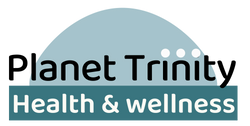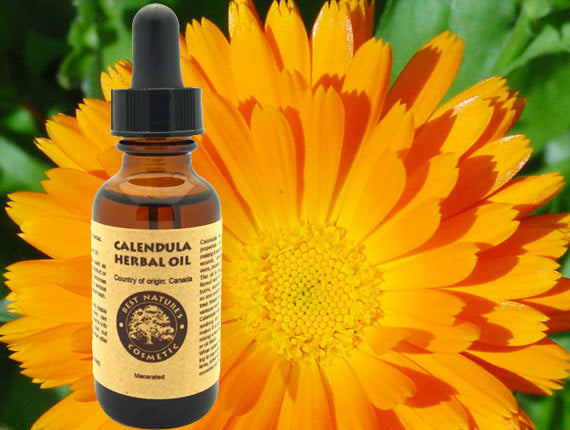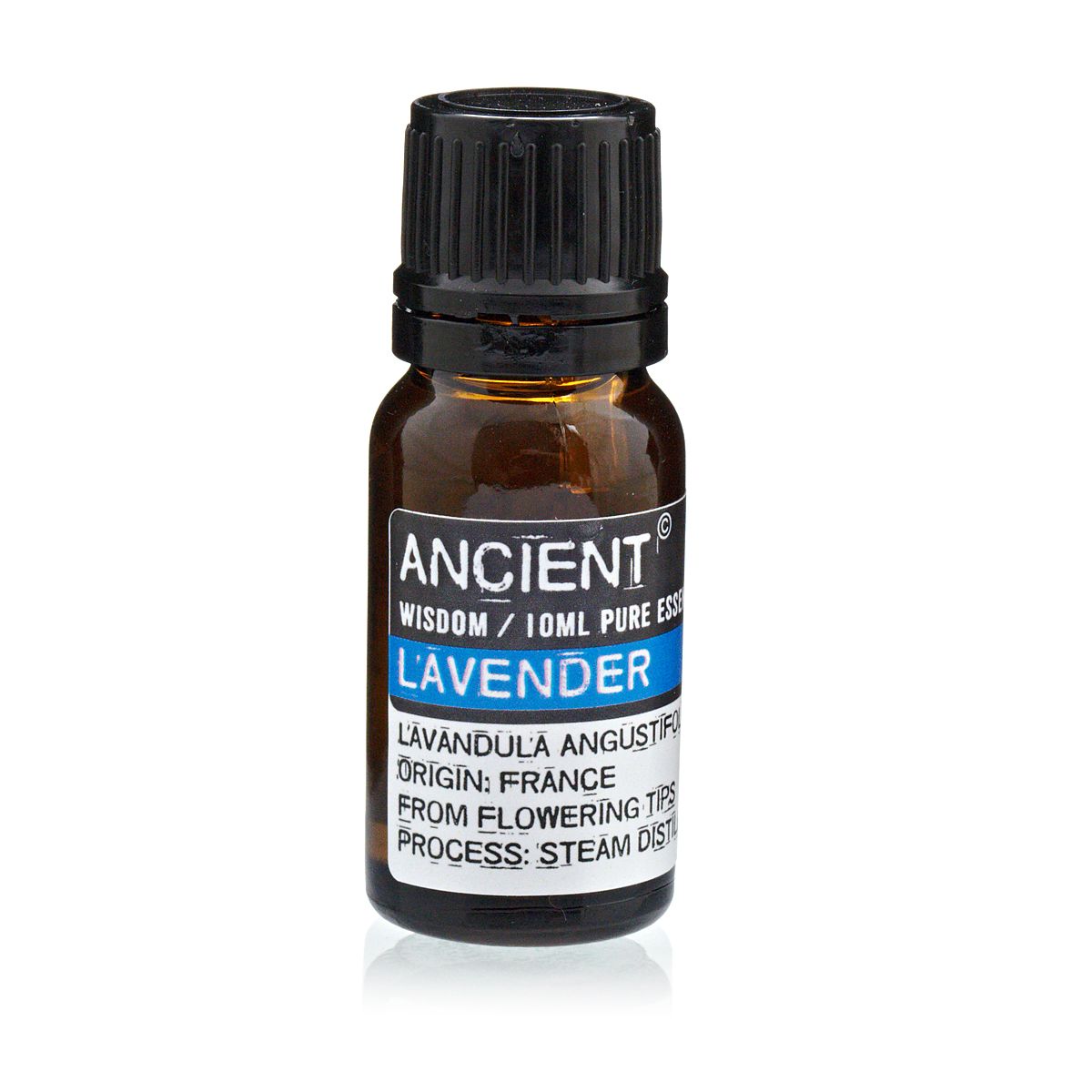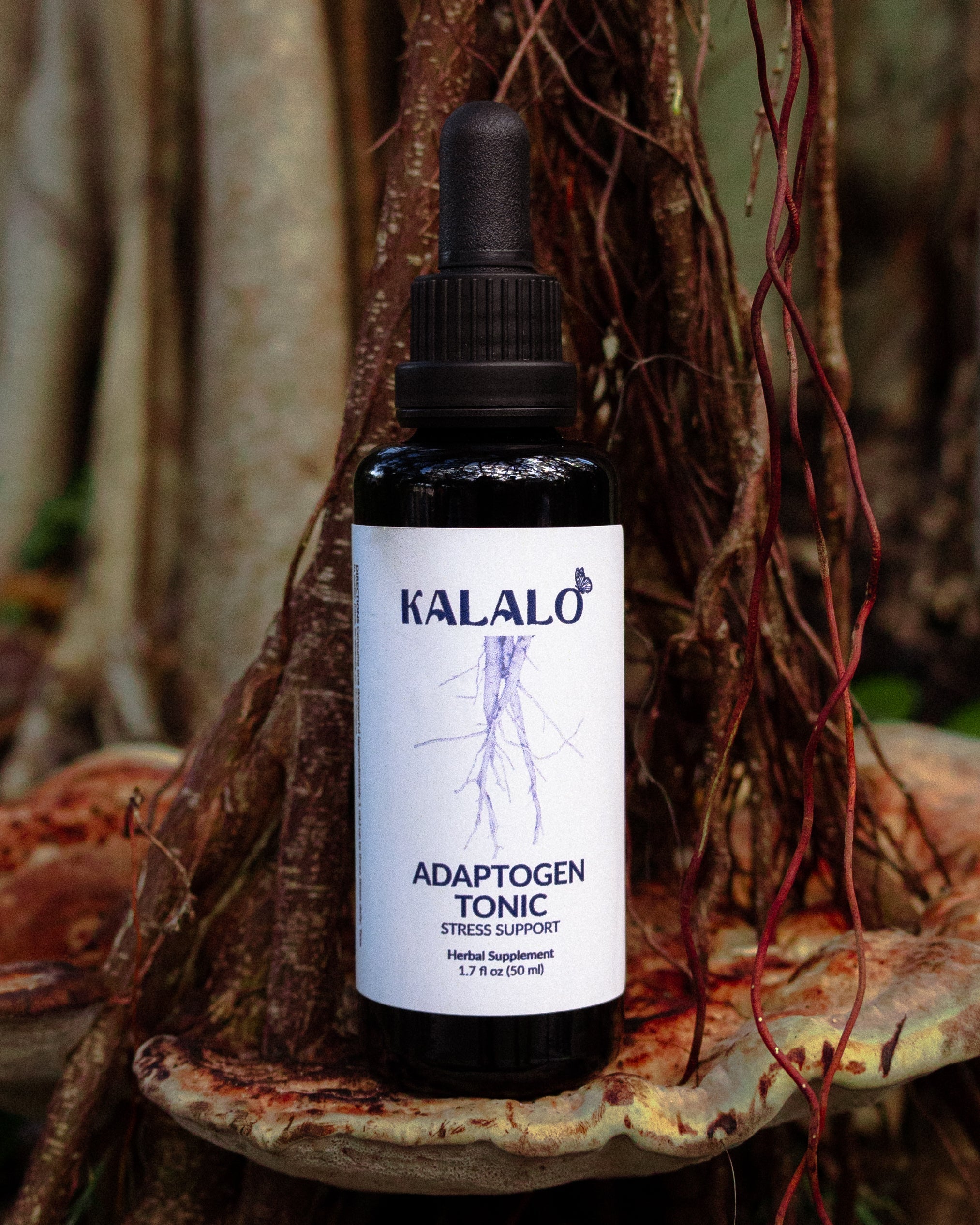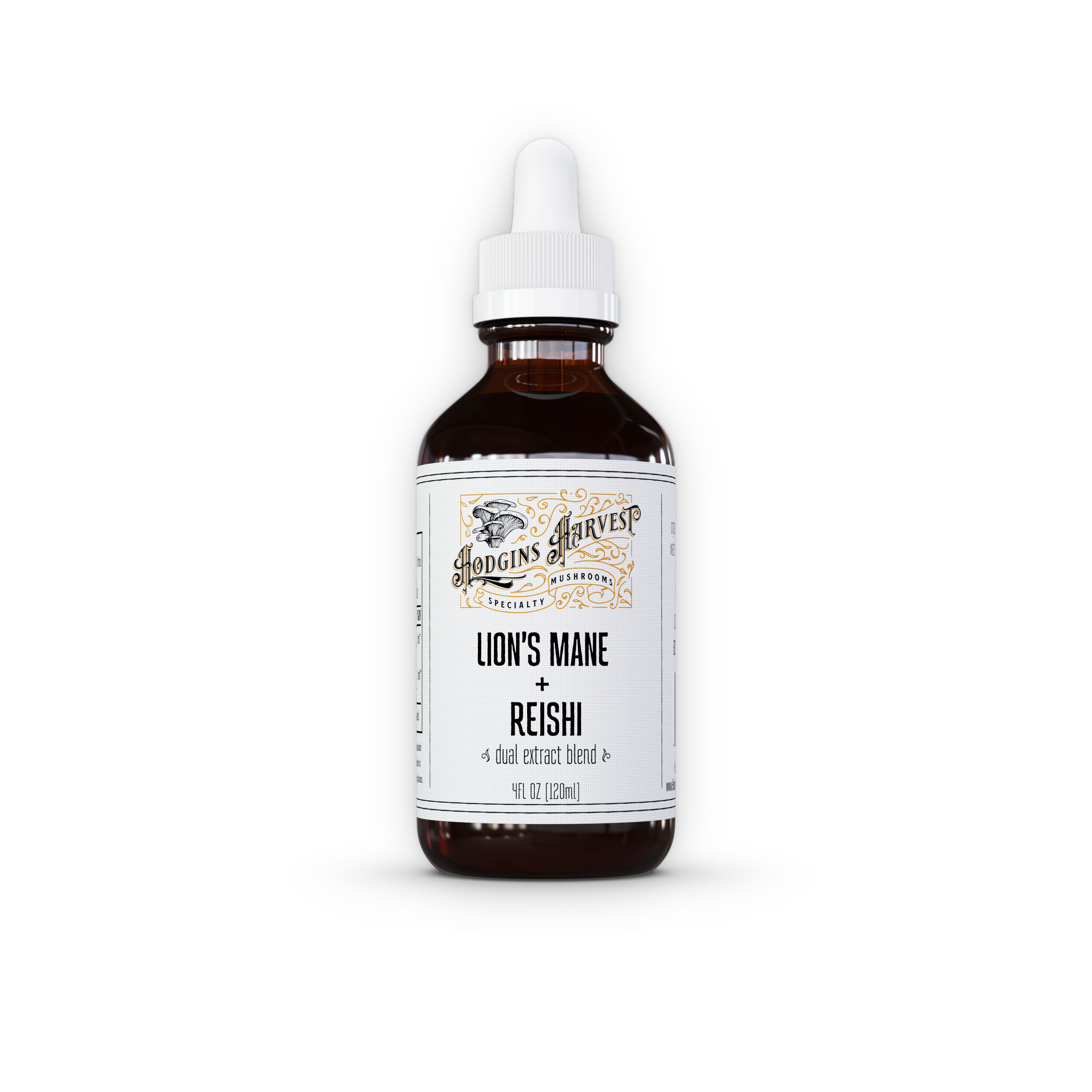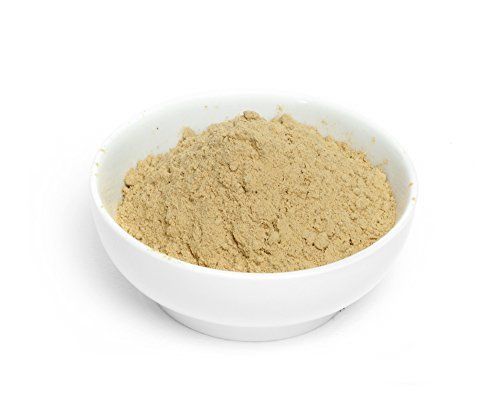
Autism Spectrum Disorder (ASD) is a complex neurodevelopmental condition characterized by difficulties in social interaction, communication challenges, repetitive behaviors, and sensory sensitivities. While there is no single cure for ASD, increasing research suggests that nutritional and supplement-based interventions can support symptom management, improve cognitive functioning, and promote overall well-being.
This article explores how various nutraceuticals—vitamins, nutrients, supplements, adaptogens, medicinal mushrooms, and dietary strategies—may support individuals with ASD. Additionally, it delves into the cognitive processes underpinning ASD and outlines evidence-based approaches supported by scientific research.
Understanding the Cognitive Processes Underpinning ASD
Autism involves disruptions in several key neurocognitive processes, including:
- Neurotransmitter Dysregulation: Abnormal levels of serotonin, dopamine, glutamate, and GABA can affect mood, social behavior, and sensory processing.
- Impaired Neuroplasticity and Neurogenesis: Reduced ability to form new neural connections influences learning and adaptation.
- Oxidative Stress and Neuroinflammation: Elevated oxidative stress damages neurons, fostering cognitive and behavioral symptoms.
- Mitochondrial Dysfunction: Many individuals with ASD show mitochondrial abnormalities, affecting energy production necessary for brain function.
- Sensory Processing Difficulties: Altered neural circuits impact sensory integration, leading to hyper- or hypo-sensitivity.
Interventions that support these neural mechanisms aim to improve mood, attention, social skills, and reduce problematic behaviors.
Nutraceuticals and Their Roles in Supporting ASD
1. Vitamins and Minerals
-
Vitamin B6 and Magnesium:
Mechanism: B6 is essential for neurotransmitter synthesis, including serotonin and dopamine, while magnesium modulates NMDA receptor activity, influencing excitatory/inhibitory balance.
Research: A study in Biological Psychiatry (1998) reported improvements in language and social behaviors with B6 and magnesium supplementation in some children with ASD. -
Vitamin D:
Mechanism: Modulates immune function, reduces inflammation, and supports brain development.
Research: Low vitamin D levels correlate with ASD severity; supplementation has been associated with improvements in behavioral symptoms (Nutrients, 2018). -
Omega-3 Fatty Acids (EPA and DHA):
Mechanism: Support neuronal membrane fluidity, reduce neuroinflammation, and promote neurogenesis.
Research: Meta-analyses (e.g., Journal of Autism and Developmental Disorders) suggest omega-3 supplementation can improve hyperactivity, social interaction, and communication deficits. -
Zinc and Selenium:
Mechanism: Essential for antioxidant enzyme functions, supporting reduction of oxidative stress.
Research: Deficiencies are common in children with ASD; supplementation may reduce behavioral problems.
2. Antioxidants and Anti-Inflammatory Nutrients
-
N-Acetylcysteine (NAC):
Mechanism: Precursor to glutathione, a key cellular antioxidant; reduces oxidative stress and neuroinflammation.
Research: A randomized controlled trial in Biological Psychiatry showed NAC improved irritability and repetitive behaviors. -
Curcumin (Turmeric Extract):
Mechanism: Potent anti-inflammatory and antioxidant properties; modulates neuroinflammation pathways.
Research: Animal studies show promise; human data is emerging but indicates potential benefits. -
Polyphenols:
Rich in berries, green tea, and dark chocolate, they combat oxidative stress and support synaptic plasticity (Frontiers in Pharmacology, 2018).
3. Probiotics and Gut-Health Support
Rationale:
Emerging evidence suggests a gut-brain axis role in ASD. Dysbiosis (altered gut microbiota) associates with behavioral symptoms.
Interventions:
Probiotic strains like Lactobacillus and Bifidobacterium have been studied for reducing GI symptoms and improving behavior.
Research:
A systematic review (Nutrients, 2019) indicates probiotic supplementation may positively influence GI and behavioral symptoms in ASD.
4. Adaptogens and Medicinal Mushrooms
-
Adaptogens (e.g., Rhodiola rosea, Ashwagandha):
Mechanism: Modulate stress response, balance cortisol levels, and support resilience against oxidative stress.
Research: Limited in ASD specifically, but studies highlight their role in reducing anxiety and improving mood regulation. -
Medicinal Mushrooms (e.g., Lion’s Mane, Reishi):
Mechanism: Support neurogenesis, modulate neuroinflammation, and boost immune response.
Research: Lion’s Mane (Hericium erinaceus) has shown promise in supporting cognitive function through stimulation of nerve growth factor (NGF), potentially aiding in neural plasticity and repair. Reishi (Ganoderma lucidum) offers anti-inflammatory and immune-modulating benefits that could help mitigate neuroinflammation associated with ASD.
5. Dietary Strategies for Supporting ASD
-
Ketogenic and Low-Glycemic Diets:
Some studies suggest that ketogenic diets may improve behavioral symptoms by modulating brain energy metabolism and reducing neuroinflammation. -
Gluten-Free, Casein-Free Diets:
Aimed at reducing peptides that may affect neurodevelopment; evidence remains mixed but some families report behavioral improvements. -
Elimination of Food Additives:
Removing artificial colors, preservatives, and flavorings may help decrease hyperactivity and irritability.
6. Beneficial Lifestyle and Environmental Interventions
-
Physical Exercise:
Enhances neuroplasticity, reduces anxiety, and improves overall mood. -
Sensory Integration Therapy:
Supports processing issues, helping with sensory sensitivities. -
Mindfulness and Behavioral Therapies:
Aid in emotional regulation and social skills development.
Conclusion: An Integrated, Evidence-Based Approach
While there is no cure for ASD, a combination of nutraceuticals, dietary modifications, lifestyle interventions, and supportive therapies can significantly improve quality of life and symptom management.
Key points:
- Supplementing with vitamins like B6, D, omega-3s, zinc, and selenium can address common deficiencies and support neural health.
- Antioxidants like NAC and curcumin help combat oxidative stress, a core factor in ASD pathology.
- Gut health plays a critical role; probiotics may help improve GI and behavioural symptoms.
- Natural compounds like adaptogens and medicinal mushrooms support stress resilience and neurogenesis.
- Dietary patterns such as ketogenic or elimination diets may offer additional benefits.
Final Note
Always consult healthcare professionals—such as a pediatrician, neurologist, or a registered dietitian—before starting any nutraceutical or dietary regime. Personalized approaches based on individual health, sensitivities, and existing conditions will yield the best outcomes.
By combining scientific insights with a holistic lifestyle approach, supportive supplementation can be an empowering tool in managing ASD symptoms and promoting cognitive resilience.
Disclaimer: This article provides general information and is not a substitute for professional medical advice.
-
